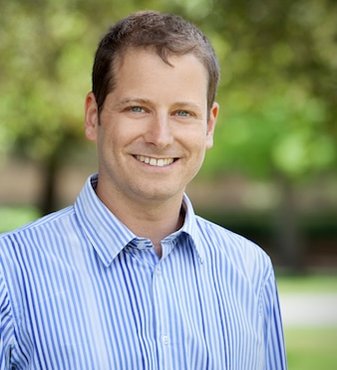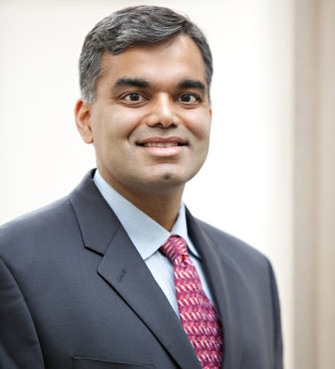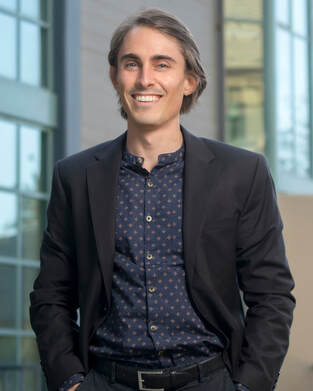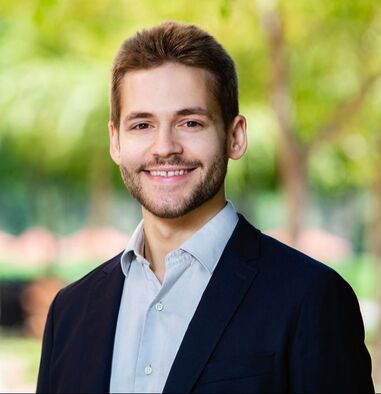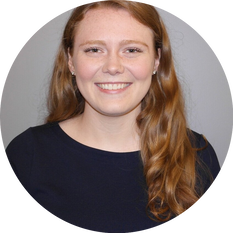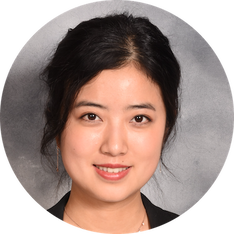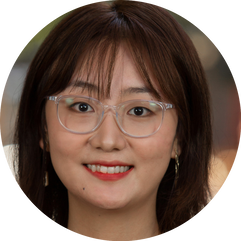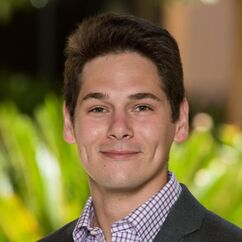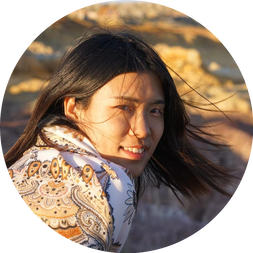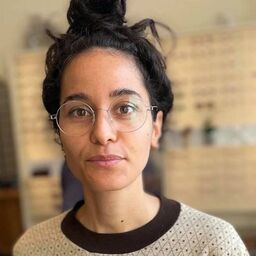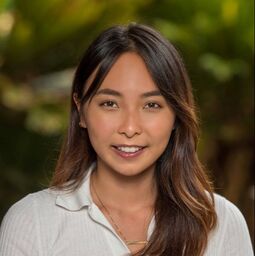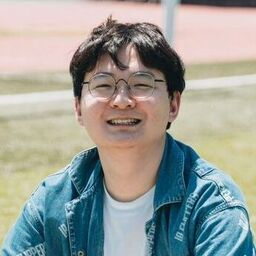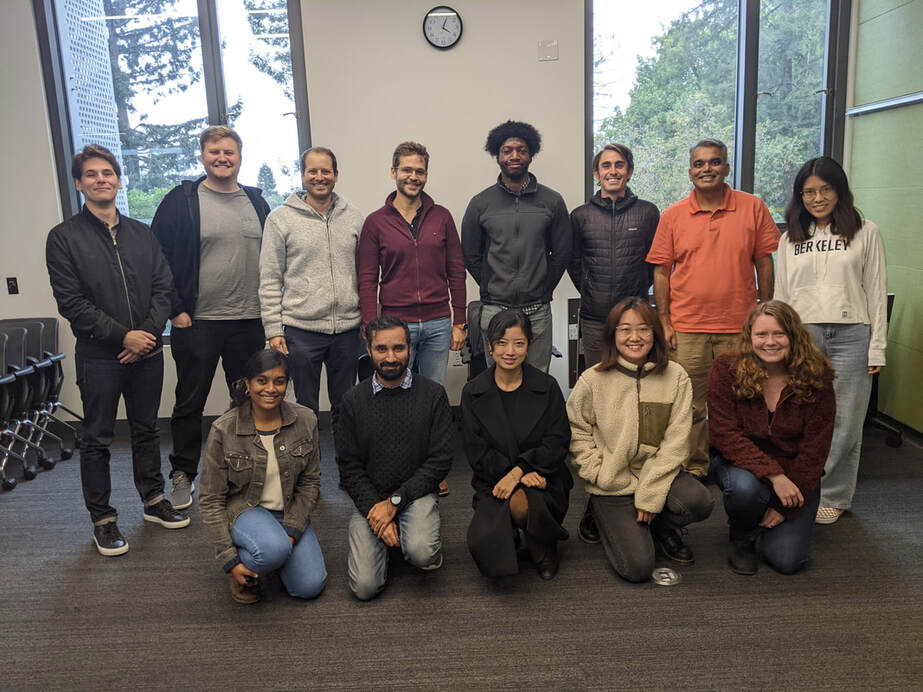People
Lab Directors
Amir GoldbergAssociate Professor of Organizational Behavior
|
|
My work and interests lie at the intersection of computation and social science. As an undergraduate, I double majored in computer science and film studies at Tel-Aviv University. I have been exploring the connections between computation and culture ever since. I have an MA in sociology from Goldsmiths College, University of London, and a PhD in sociology from Princeton University. My work is not easily described using standard labels. I use computationally intensive language- and network-based methods applied to big data to model cultural dynamics in organizations, markets, and informal social groups. My research projects all share an overarching theme: the desire to understand the social mechanisms that underlie how people construct meaning and consequently pursue action. For more about my work, please visit my personal webpage.
|
Sameer B. Srivastava
Ewald T. Grether Professor of Business Administration and Public Policy
|
My research unpacks the interrelationships between the culture of social groups, the cognition of individuals in these groups, and the social networks that people form within and across groups. Much of my work is set in organizational contexts, where I use computational methods to examine how culture, cognition, and networks relate to career outcomes. As an undergraduate, I studied Economics at Harvard College. I then pursued a career in management consulting, earning an MBA from Harvard Business School along the way and eventually becoming a partner at Monitor Group (now Monitor Deloitte). I then returned to Harvard for a PhD in Organizational Behavior and Sociology. My work spans, and draws novel connections among, multiple levels of analysis. Although anchored in sociology, my research draws insight and perspective from neighboring disciplines such as social psychology, political science, and linguistics. For more about about my work, please visit my personal webpage.
|
Douglas Guilbeault |
Julien Clement |
Assistant Professor of Management of
|
Assistant Professor of Organizational Behavior |
|
My work examines the role that communication networks play in the rise and spread of cultural phenomena, including linguistic categories and social norms. I specialize in combining agent-based modeling and mathematical techniques with online social network experiments. As an undergraduate, I double majored in philosophy and rhetoric, with a minor in cognitive science, at the University of Waterloo. I then pursued a master’s in cognitive linguistics at the University of British Columbia. I completed my Ph.D. at the Annenberg School for Communication (Upenn) as a member of the Network Dynamics Group, with a dissertation entitled “The Social Network Dynamics of Category Formation.” Fundamentally speaking, my research seeks to develop a computational theory of how social groups create shared systems of meaning to make sense of the world and themselves, and to coordinate collective behavior. For more about my work, please visit my personal page.
|
My work focuses on the dynamics of coordination inside organizations. I am especially interested in how formal and informal organizational structures interact to facilitate coordination among the members of an organization: how does an organization’s structure affect how its members form relationships, develop routines, and adapt these routines when environmental demands change? How do formal structures emerge in the first place? And when can organizations thrive without any formal structure? I investigate these issues through a ‘micro-analytic’ approach: rather than study organizations as broad aggregates, I start by thinking about the dynamics of interactions among small numbers of individuals and then seek to understand how these interactions aggregate into organizational outcomes with the aid of different types of organizational structures. I engage in both theoretical work and empirical work. My theoretical work relies on agent-based models, while my empirical work typically relies on highly granular data which allow me to observe interactions among individuals and model the aggregation of these interactions into organizational outcomes.
|
